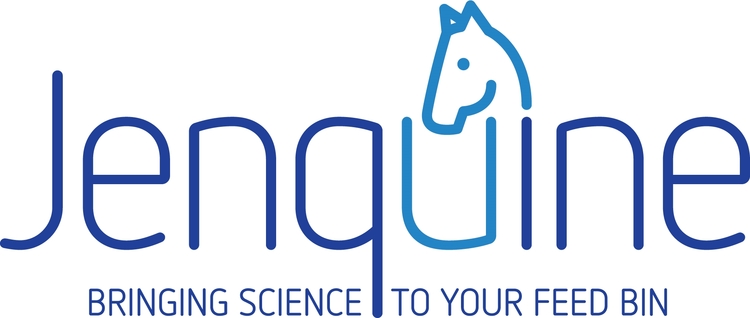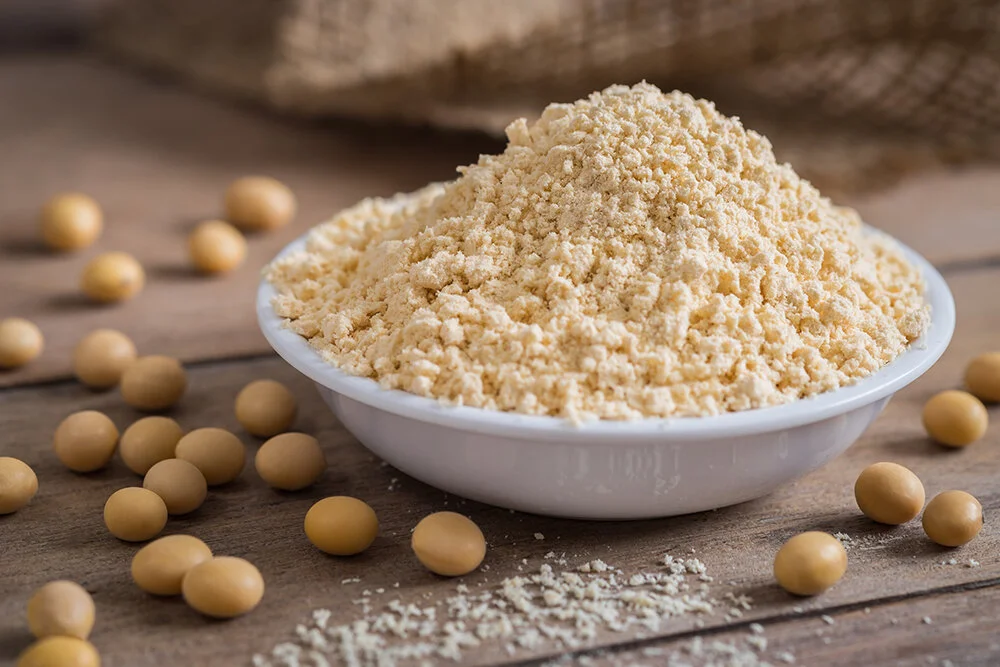Soymeal provides good quality protein - which is really important to heal the damaged hooves in horses that have had laminitis. Soymeal contains the highest quality protein and the highest amount of lysine of the plant-based protein supplements. For example soymeal is 44% protein, lupins 35% and sugar beet 8.6%. But it’s the amino acids that count because deficiency of any single one will place a limit on tissue repair and building.
It’s helpful to think of tissue building as similar to making a cake! Each tissue, like each cake has it’s own recipe. If you’re making a chocolate cake (the best sort of cake!) and you run out of cocoa, it doesn’t matter how much butter, sugar, eggs etc you have, you can’t make a chocolate cake. In horses, lysine, methionine and threonine are widely used in ‘recipes’ for cell repair and building. If the diet doesn’t provide enough of these ingredients, cell repair and production stops.
Or if you prefer wine, the shortest plank in the wine barrel sets a limit to how much wine the barrel has. Similarly, a deficiency of an essential amino acid places a limit on how much protein the body can build.
Soymeal provides nearly 34grams of lysine, around 7g methionine and 19g of threonine per kg, lupins 16g of lysine, 3g of methionine and 13g of threonine per kg, while sugar beet provides approximately 4-5g lysine, 0.8g of methionine and 4g of threonine per kg.
For horses with laminitis, soymeal delivers again. Starch and sugar from any source can be dangerous for horses at risk or with clinical and subclinical laminitis. Feeds with less than 15% sugar and starch are indicated. Soybean meal contains approximately 12% sugar + starch and has a low glycaemic index.
But soymeal also contains many other beneficial bioactive compounds shown to reduce insulin-resistance and support the beneficial gut bacteria and suppress growth of pathogenic bacteria in humans and other animals. In addition to lots of good anti-oxidants, soymeal contains isoflavones, quecertins and galactooligosaccharides (one of the most potent prebiotics) that improve insulin sensitivity.
There has been some research that demonstrates a potential negative effect of soy on insulin responses and plasma adiponectin and some have extrapolated this to horses. However, the relevance to equine laminitis / insulin resistance / EMS is questionable as the work was done in male monkeys. https://www.ncbi.nlm.nih.gov/pmc/articles/PMC2570347/pdf/nihms57023.pdf
Dr Jennifer Stewart - Jenquine - Equine Clinical Nutrition
CEO BVSc BSc PhD Dip BEP
Equine Veterinarian and Consultant Nutritionist



